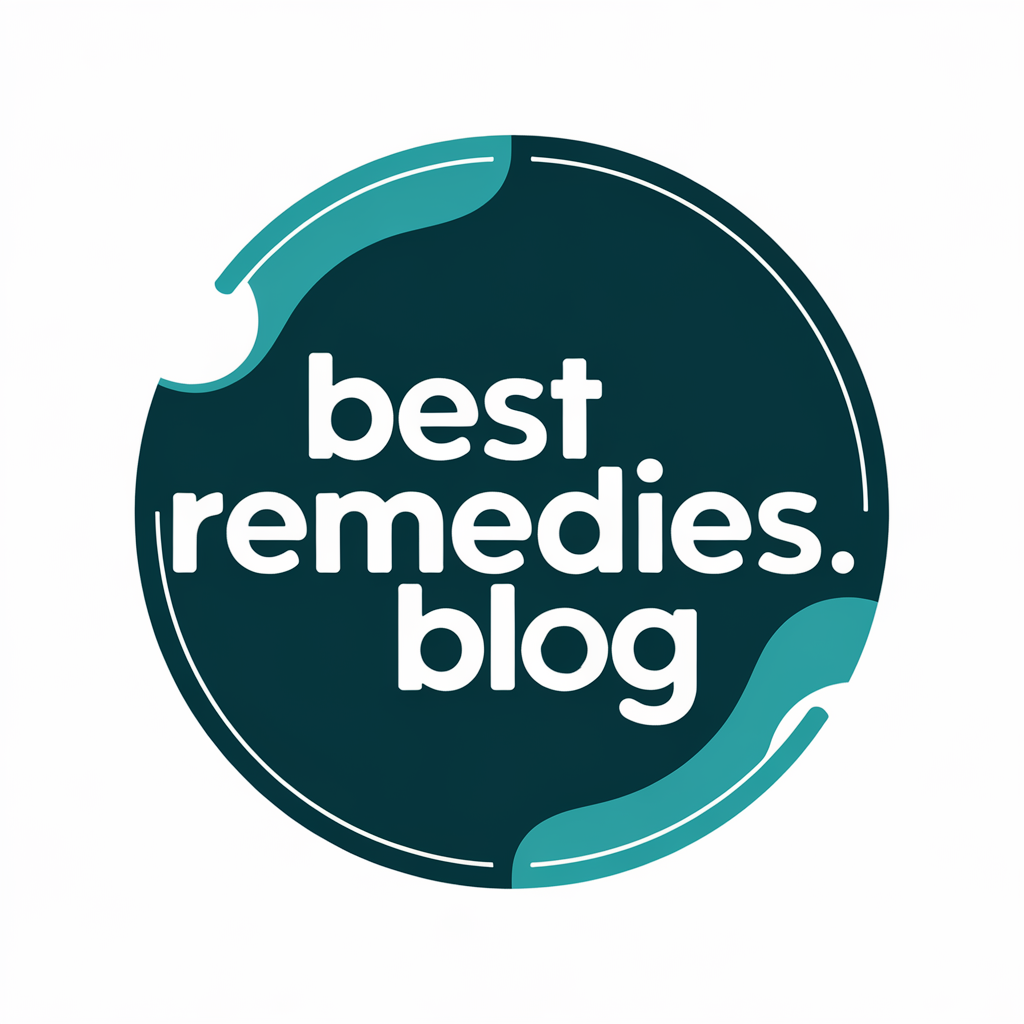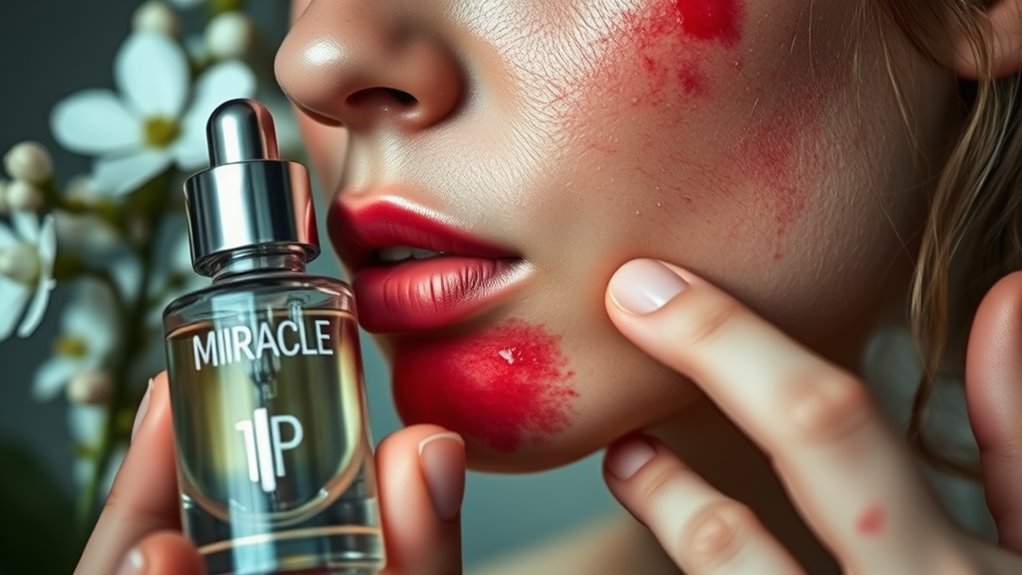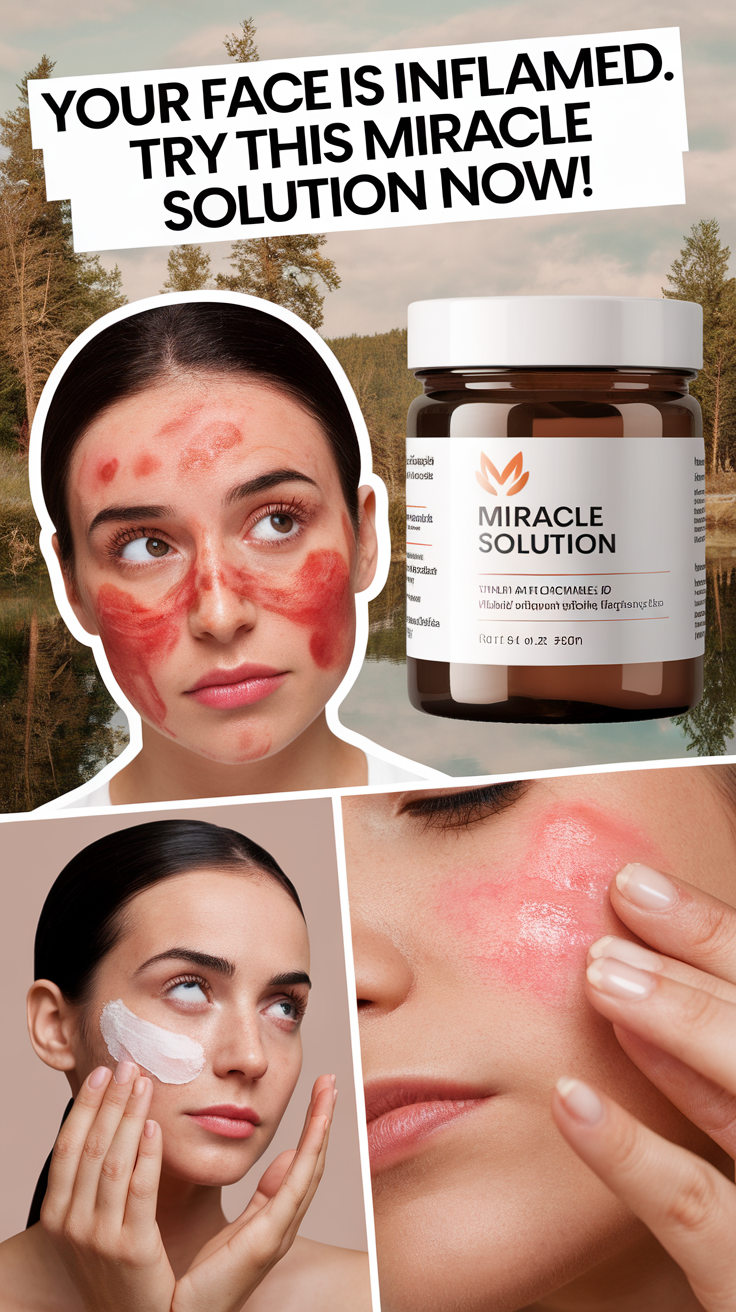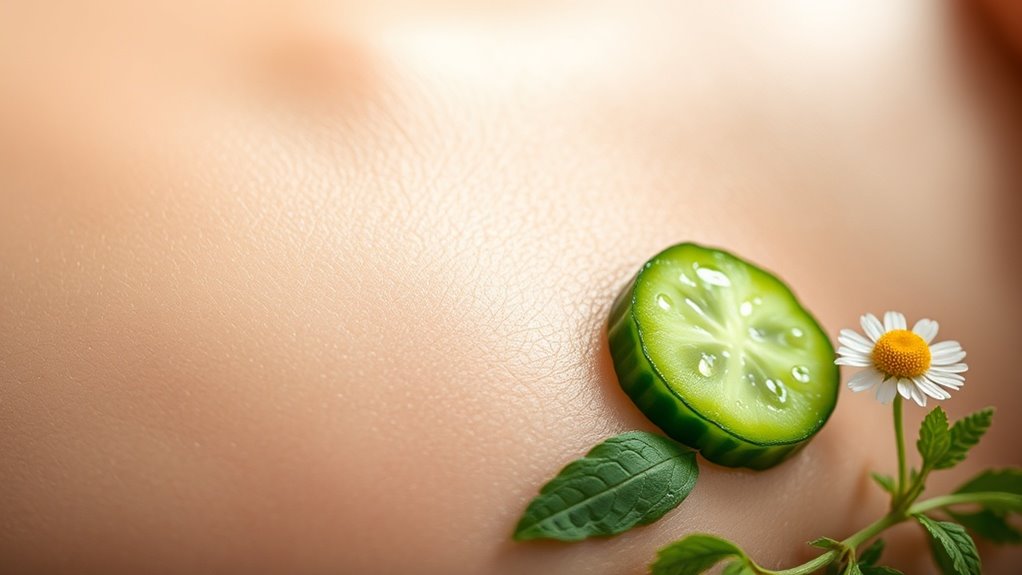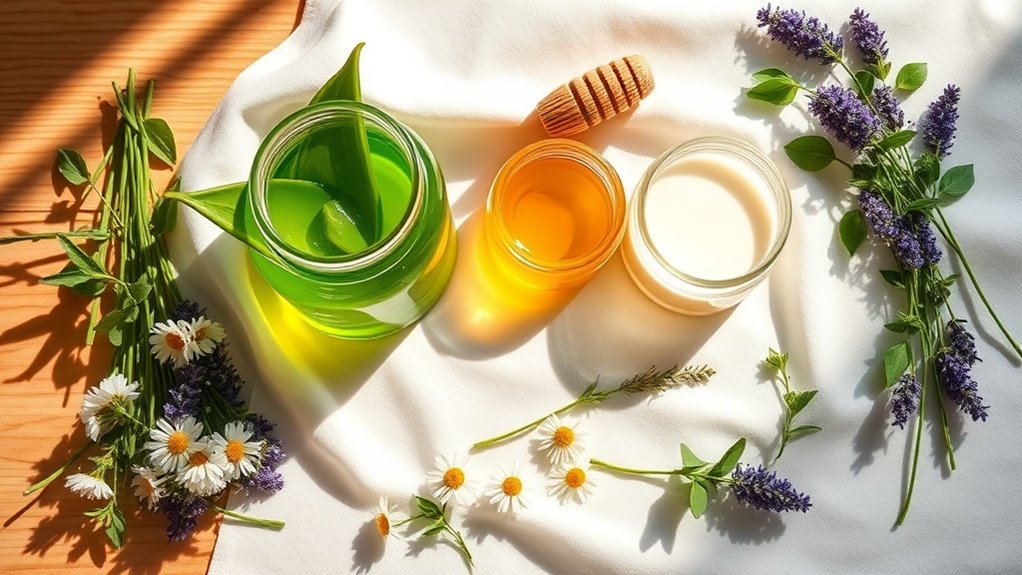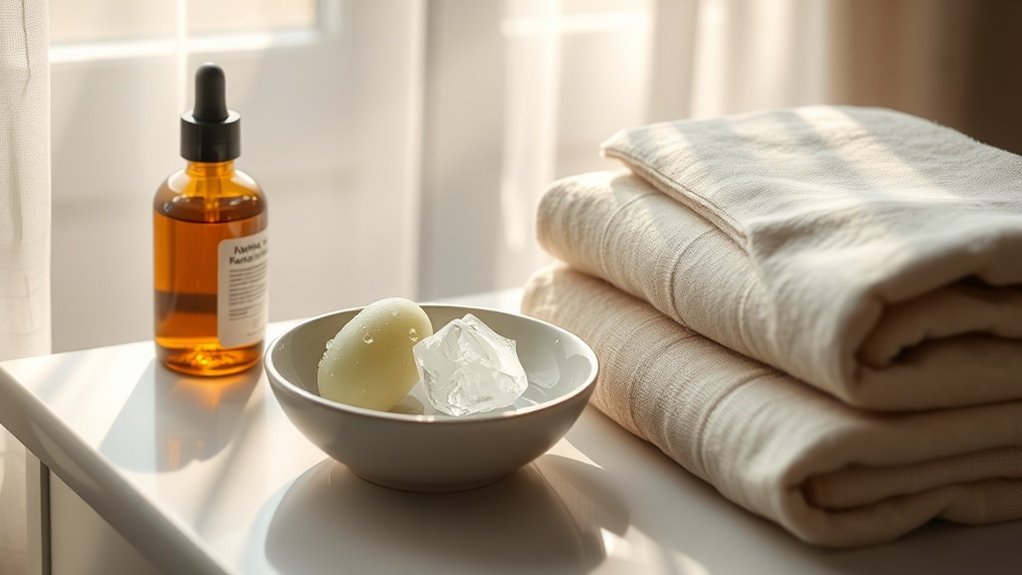Next, consider using aloe vera gel; it’s known for its calming properties and can provide instant hydration.
Don’t forget to hydrate! Drinking water helps flush out toxins, which can aid in reducing inflammation.
If you have any over-the-counter anti-inflammatory medications, like ibuprofen, take them as directed for extra relief.
Lastly, steer clear of harsh products or makeup until your skin calms down. Instead, let your natural beauty shine through while your face heals.
You’re not alone in this; many people experience similar issues, and it’s all about finding what works best for you. Embrace these tips, and you’ll feel better in no time!
Frequently Asked Questions
Can Stress Cause Facial Inflammation?
Yes, stress can definitely cause facial inflammation. When you’re stressed, your body releases chemicals that may trigger skin issues. Managing stress through relaxation techniques can help keep your skin looking calm and healthy.
Is Facial Inflammation Linked to Allergies?
Yes, facial inflammation’s often linked to allergies. When your body reacts to allergens, it can trigger inflammation, leading to redness and swelling. It’s essential to identify your triggers and manage your environment for relief.
How Long Does Facial Inflammation Typically Last?
Facial inflammation usually lasts a few hours to several days, depending on the cause. If you’re dealing with allergies or irritants, it might linger longer. Keeping track of your triggers can really help!
Are There Specific Skin Types More Prone to Inflammation?
Yes, certain skin types, like sensitive or acne-prone skin, are more prone to inflammation. If you have oily or dry skin, you might also notice flare-ups. Understanding your skin can help you manage inflammation better.
Can Hormonal Changes Trigger Facial Inflammation?
Yes, hormonal changes can definitely trigger facial inflammation. When your hormones fluctuate, they can cause your skin to react, leading to redness or irritation. Staying aware of these changes can help you manage your skin better.
